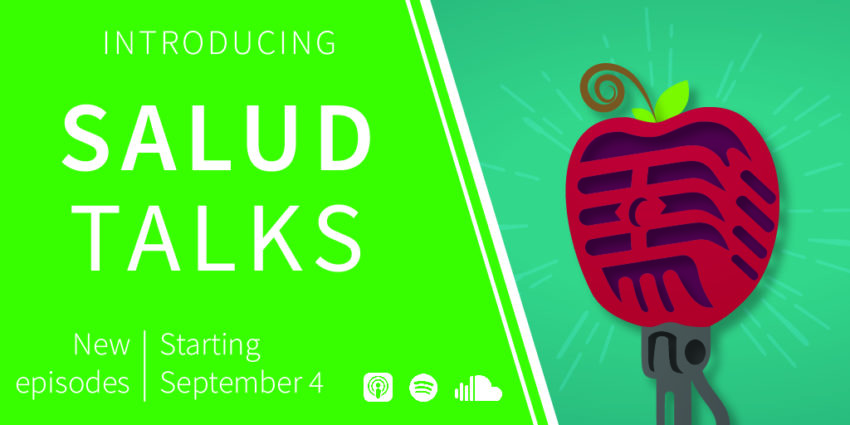Environmental Racism Causes People of Color to Face Compound Exposures

Climate change is not and will not impact all people equally — Latinos and other minority groups shoulder the most significant threats. Worse, cities in the U.S. are illustrating that fact today, according to a recent study from the University of Michigan. Their research shows that climate change subjects minority communities to high risks of chemical and environmental exposures. “A key finding of this report is that environmental injustice exists across Michigan, with residents of low-income and minority communities disproportionately burdened by environmental contamination and health risks—just as we saw in Flint,” Paul Mohai, a professor at the University of Michigan School for Environment and Sustainability, told Michigan News. Latinos, who already experience harm at ...
Read More







